| xx |
| SE |
| xx |
| cc |
| www.fretnotgospel.com/england.html |
| cc |
| SE |
| England |
| gg |
| References - Books Cultures of the World, England, Jean Blashfield, 1998, p.143 Internet Hadrian's Wall www.bbc.co.uk/history/ancient/romans/ hadrian_gallery_01.shtml Our Finest Hour www.loc.gov/exhibits/churchill/audio/ churchill104_2.ram Kew Garderns www.rbgkew.org.uk |
| by Noah Arthur |
| by Noah Arthur |
 |
| FIRST IMPORTANT THING ABOUT ENGLAND Their history effects the whole world. England's history effects everyone's life in some way. Its history is, really, the world's. A long time ago, people who may have been Greeks came to England, leaving their Greek-like axes and stone structures call henges. A long time after, native similar to the American Indians lived in England and the rest of Britain. Then the Romans came and drove the natives into Scotland and built a wall to keep them there. Hadrian's Wall still stands today. The Romans left and the Angles, Saxons, and Jutes came to England from northern Europe. The England actually comes from "Angle-land". Anglo-Saxons set up kingdoms such as Wessex and Sussex. Vikings invaded, and Wessex is where the first real resistance to them came from. It was from Alfred the Great. Another later invasion was from the Norsemen, or "Normans". It was called the Norman Conquest in 1066. After that, there were various kings and queens including Harolds, Williams, Henrys, Richards, Edwards, and Johns. King John in 1204 was forced to sign the Magna Carta, putting the king under law. Now the Magna Carta document is in Washington, D.C. The Crusades happened at this time also the beginning of Parliament, which a group of people that is the English head of government. Several wars happened at this time in the 1400's, including the Wars of the Roses. The Spanish tried to conquer the English by sending the Spanish Armada in 1588, but the English defeated them. Slowly the English built the British Empire. The British Empire formed into the largest empire in world history. Because of the inconvenience of having daughters instead of sons, England decided to have a king or (not and) a queen. Some queens were Elizabeth, Mary, also called Bloody Mary for killing many Protestants, and Victoria. A kind of butterfly, Queen Victoria's birdwing was named after Victoria. An ocean liner was name after Queen Elizabeth. An alcoholic drink with tomato juice in it was named the Bloody Mary. The current queen is Elizabeth II. |
 |
| SECOND IMPOR-TANT THING ABOUT ENGLAND England held against the Nazis. When World War II started, when the Nazis were invading many European countries, the English Prime Minister, Winston Churchill, saw that things were getting out of hand. Then Germany's attention turned to Britain. The War of Britain began. Soon the blitz of WWII began. During the blitz, Churchill kept pestering the US for help. Finally, the US let the British borrow, rent, and trade ammunition. Winston Churchill finally allied England to the US after much trying. The two began fighting together to defeat the Nazis. Churchill and President Roosevelt had many secret and public meetings, sometimes also with Stalin, ruler of Russia. Churchill addressed the US congress. North Africa became the staging area for war supplies from the US to Britain. Slowly after many tries the allies began to have victories over the Nazis. |
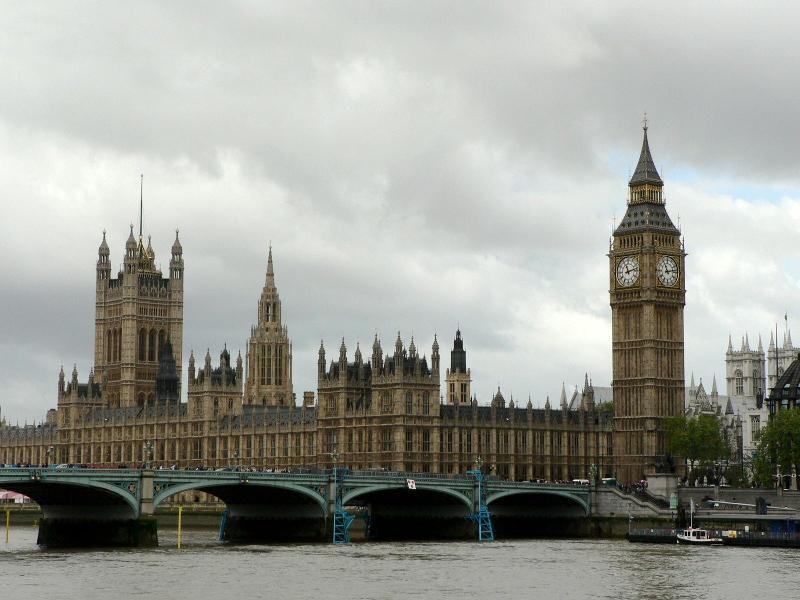 |
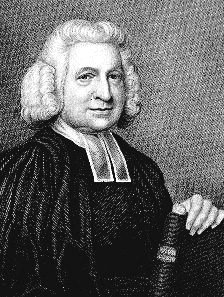 |
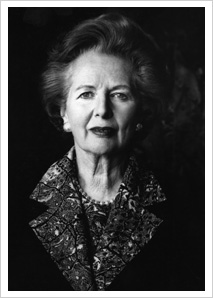 |
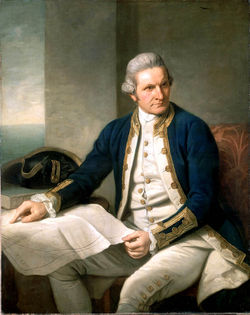 |
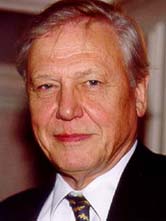 |
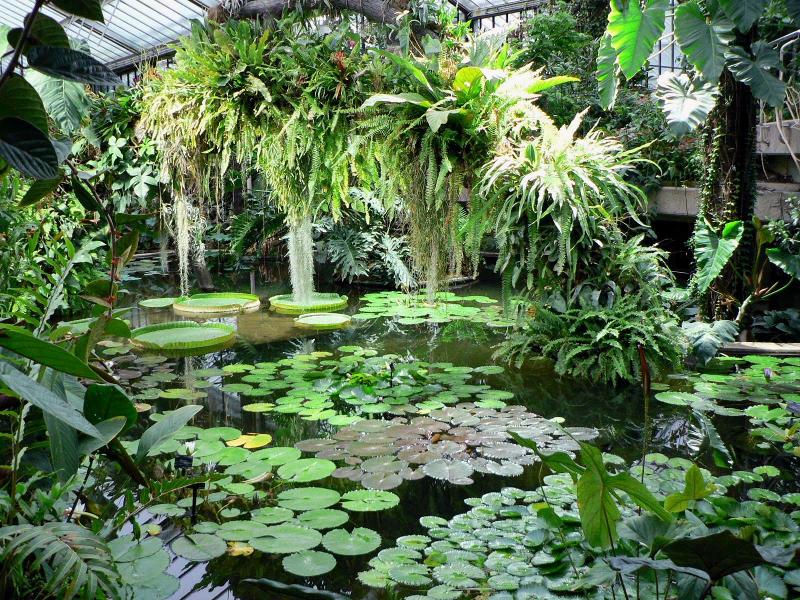 |
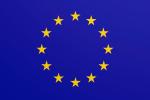 |
| THIRD IMPORTANT THING ABOUT ENGLAND The English economy is healthy. At first, England was mostly agricultural. Then the Industrial Revolution came around. Farmers crowded in to work in factories in the cities. England's current economy is healthy. Fishing, oil, cars, vegetable, dairy, and just about anything else are major industries. Many English people work in offices doing brain work. England has privately-owned transportation companies. The currency used to include haypennies, farthings, and many other strange things. But now its main unit is the pound. Even though England is part of the European Union, it decided not to use the Euro. |
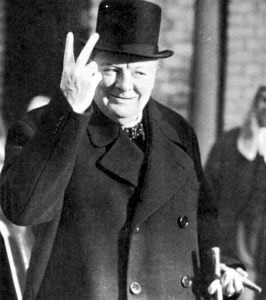 |
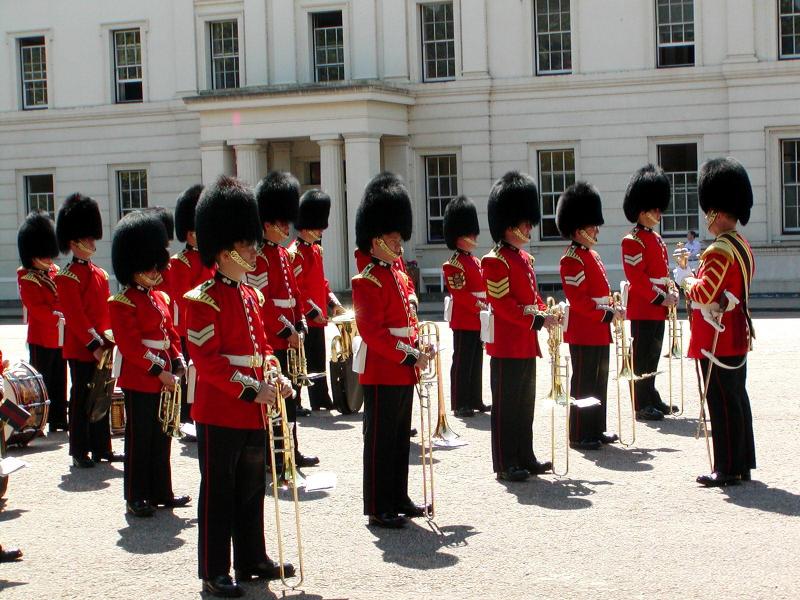 |
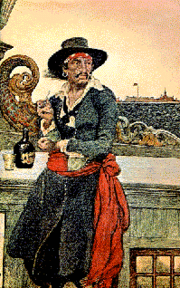 |
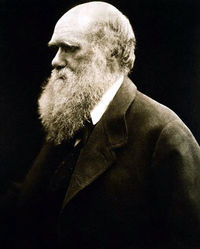 |
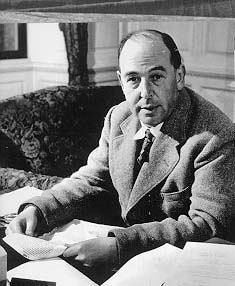 |
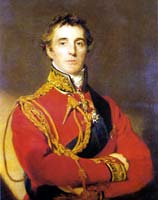 |
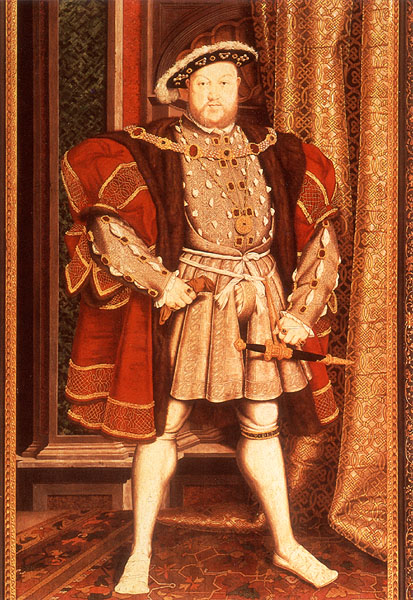 |
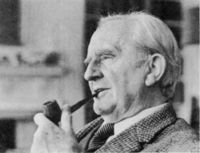 |
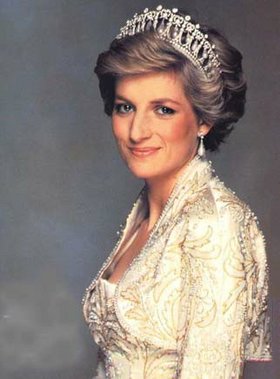 |
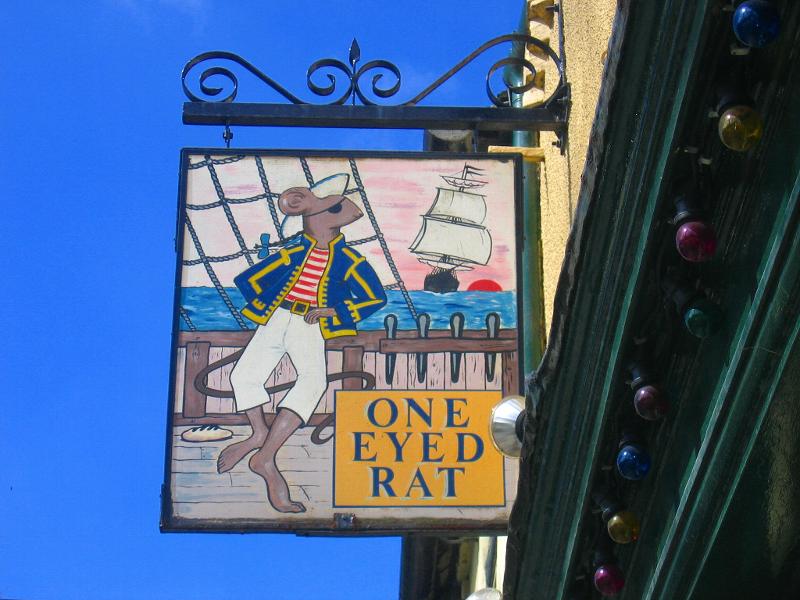 |
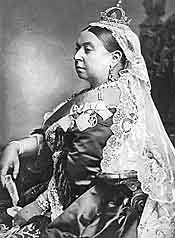 |
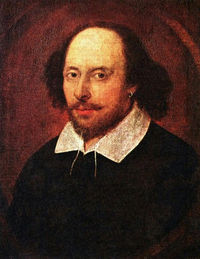 |
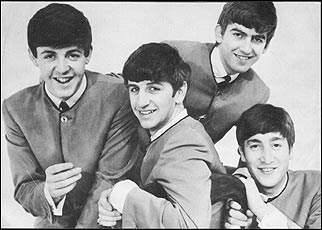 |
| by Noah Arthur |
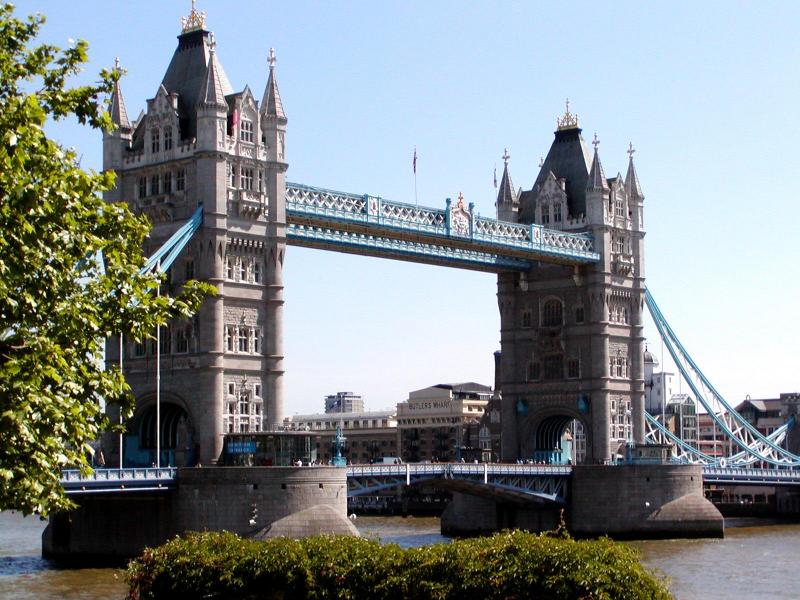 |
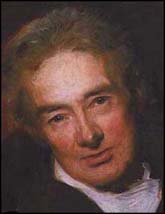 |
| by Noah Arthur |
| by Noah Arthur |
| Country of the Month |
| by Noah Arthur |
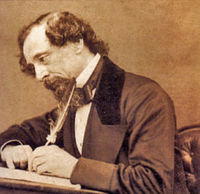 |
| by Noah Arthur |
| by Noah Arthur |
| "He (Chamberlain) was given a choice between war and dishonor. He chose dishonor and shall have war anyway." Winston Churchill 1939 |
| The Culture of England. The Anglo-Saxon language was Old English. Then came Middle English, then modern English. Today, you can tell where a person is from by how they talk. England has people from every country in the world. That is why you can get just about any kind of food there. This is like the United States. Methodist, Anglican, and many other denominations come from England. England used to be a mostly Christian nation with other religions but now most people in England are secular. William Shakespeare, the Beatles, and many other world famous people are English. Five jaw-dropping facts about their culture: 1. There are 5,300 pubs, like the 'One Eyed Rat', in central London alone. 2. School children wear uniforms. 3. Kids' future education (very little more school, or college) is decided by a test at the age of 11. If you pass the test you will get the job you want but if you don't you might be a burger bagger at McDonald's. 4. Some rich English people eat five meals a day: breakfast, morning tea, lunch, afternoon tea, and dinner. That reminds me of a book called "The Hobbit" because little furry-footed people called Hobbits ate at least five meals a day. It was written by J.R.R. Tolkien, a professor of medieval languages at Oxford University. 5. The English have at least nine big holidays a year. One of the holidays, Guy Fawkes Day, celebrates a traitor to the English government! None of our holidays celebrate traitors. There is no John Wilkes Booth Day or Jefferson Davis Day or Benedict Arnold Day. |
| The Country of England. Geography - England is a country on the island of Great Britain, an island it shares with Wales and Scotland. Its land area is 50,356 square miles. England's largest river is the Thames (tems). Other major rivers are the Humber, Mersey, and Severn. The English Channel is a strait of seawater between England and France. The Wash is a large fjord on the east coast of England. Dover, which has white chalk cliffs, and Lizard Pointe, are two very southern parts of England. Because of farming and development, England doesn't have much wildlife. It does have deer, wild ponies, hedgehogs, and dormice. England has seven national parks. The border between Scotland and England on the north is Hadrians Wall, a wall built by the Roman Emperor Hadrian to keep the Picts and Scots out of England. The border between England and Wales to the west is Offa's Wall, battlements built by the Welsh King Offa to keep the English out of Wales. Major Cities - London is the capital of England. It has about 10 million people. It is located in soutwest England. London has a wall enclosing its central area. The wall was built by the Romans. London has most of England's museums and political stuff in it. There are several bridges in London that cross the River Thames. London covers 610 square miles! Manchester has one of the best soccer teams in the world. Liverpool is where The Beatles came from. Cambridge is home to one of the oldest universities in the world and where C.S. Lewis wrote and taught. Birmingham is where the steel industry began. Oxford is where the oldest English-speaking university in the world is located and where C.S. Lewis also wrote and taught. Nottingham is where the mythical character Robin Hood was supposed to have lived. Canterbury is where Chaucer set his famous set of stories about medieval England. Climate - England has variable weather. So variable that it can provide a topic of conversation at any time. The weather there isn't as rainy as thought in the rest of the world. There used to be greenish thick polluted fogs in London called "killer" or "pea soup" fogs. They were called killer because people with lung problems died in them. When pollution was stopped, killer fogs went away. The Gulf Stream in the Atlantic Ocean is a warm water current from the Carribean to the south of England, in some areas called the Cornish Riviera. It's called this because the warm water gives some areas a tropical climate. |
| ?The Kew Gardens. Kew is a huge plant conserva-tory in London. Its mission is to better understand plants and fungi. Kew has a seed bank that has seeds of many extinct plant species. Kew hopes that if people discover that an extinct species would be use-ful for medicine, Kew would have its seeds. Kew has many collections of preserved and live plants. Its live plant col-lection is the best and largest in the world. Kew has many different habitat gardens. |
| FOURTH IMPOR-TANT THING ABOUT ENGLAND Many world famous people are English. William Shakespeare (17th century) was the most famous playwright ever. One of his most famous plays is "MacBeth". C.S. Lewis (20th century) wrote the "Chronicles of Narnia" and other great Christian stories. I really like "The Chronicles of Narnia". William Wilberforce (19th century), an evangelical Christian, was the leader of England's abolition of slavery. Charles Wesley (18th century) was the leader of the Methodist movement. He also wrote many famous hymns. Winston Churchill was prime minster during World War II. Queen Victoria (19th century) ruled for the longest time of any British monarch. J.R.R.Tolkien (20th century) wrote "The Hobbit" and other famous stories. I like "The Hobbit". Margaret Thatcher was the first woman prime minister in the 1980's. Charles Darwin (19th century) invented the hypothesis of evolution. The Beatles were the most famous players of rock-n-roll music in the 1960's. Captain William Kidd (17th century) was, as people think today, the worst pirate ever. He actually didn't consider himself a pirate. He was hung and his body was put in a metal cage over London Harbor for two years to warn pirates. Princess Diana was the most photographed person in the world because she was the Princess of Wales by marriage in 1982. King Henry VIII (17th century) wanted to divorce his wives because they did not give him sons. But the church wouldn't let him so he started the Anglican church, the first English church that wasn't Catholic. He wanted new wives so he beheaded some of the ones he had. Duke of Wellington was the English general who defeated Napoleon at the Battle of Waterloo in 1815. It was also a title given to eight Sommerset dukes. Charles Dickens (19th century) was a novelist who wrote some of the victorian-era's best books like 'Great Expectations'. David Attenborough had made the BBC nature shows that I like the most of any TV. Captain James Cooke discovered Hawaii and the east coast of Australia in 1770. |
| charles wesley |
| margaret thatcher |
| william shakespeare |
| ddavid attenborough |
| big ben/house of parliament |
| changing of the guard |
| the beatles |
| one eyed rat pub |
| kew gardens |
| tower of london |
| captain cooke |
| captain kidd |
| duke of wellington |
| cs lewis |
| princess diana |
| charles darwin |
| henry 8 |
| william wilberforce |
| jrr tolkein |
| queen victoria |
| charles dickens |
| Weird English Words. moors - heather-cover flats at high altitude tor - a hilly pile of granite in the moors dale - valley in the mountains wolds - open hilly areas dyke - a wall of earth built to keep out the sea fens - spongy wetlands. At least in England, all the fens have been drained. downs - chalk hills heath - same as moor hedgerows - tangled hedges between farm fields |